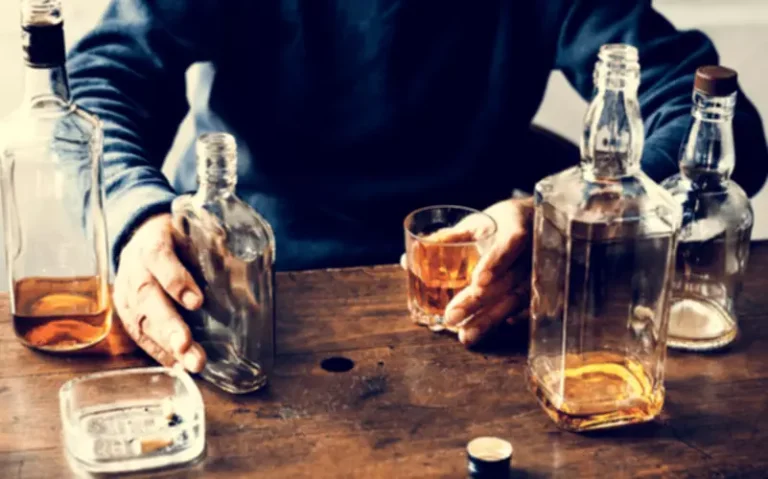Sober living
Alcohol Withdrawal Symptoms: Timeline, Detox, and Treatment
The cost of drug detox varies depending on your payment method, the particular detox center you’re attending, and the level of detox care provided. Insurance policies may help cover the full or partial cost of detox, but there are also free rehab and detox programs and programs that accept Medicaid. Check below whether your insurance policy might cover a detoxification program at American Addiction Centers. Take our free, 5-minute substance abuse self-assessment below if you think you or someone you love might be struggling with drug addiction. The evaluation consists of 11 yes or no questions that are intended to be used as an informational tool to assess the severity and probability of a substance use disorder. The test is free, confidential, and no personal information is needed to receive the result.
What is Delirium Tremens (DT)?
Depending on how long you have used alcohol and how much you typically drink, the severity of these symptoms can range from mild to severe. Detoxification is when a person quits using substances, and the body rids the substances from its system. Detox is the first stage in the recovery from drug or alcohol addiction. This treatment option is typically the first phase of a medical treatment program to treat addiction. A medically supervised detox program provides individuals with a safe and comfortable place to withdraw from substances.
- This type of detox method is generally offered only under clinical supervision, and does not guarantee a withdrawal process that is painless or effective at preventing relapse.
- People who are daily or heavy drinkers may need medical support to quit.
- Unfortunately, it’s also possible with long-term use of these drugs even when you take them as prescribed.
- Rapid detox is praised by some medical professionals as a faster and less painful way to detox from alcohol.
Common Alcohol Withdrawal Symptoms
If you feel that you sometimes drink too much alcohol, or your drinking is causing problems, or if your family is concerned about your drinking, talk with your health care provider. Other ways to get help include talking with a mental health professional or seeking help from a support group such as Alcoholics Anonymous or a similar type of self-help group. It can be dangerous alcohol detox side effects to quit alcohol cold turkey because of severe withdrawal symptoms that may occur, as well cardiovascular complications and mental health issues like depression or anxiety. This adverse effect on your mental health can be hard on the body as well. Most people experience alcohol dependence with heavy use and experience physical symptoms when they stop drinking.
Timeline of Alcohol Withdrawal Symptoms

After you stop drinking, you may notice issues such as skin dryness, or blotchy skin. This is temporary, and will get better in time as your body adjusts to the lack of alcohol in your body. These can vary from person to person and may be more or less intense for some people. Taking vitamins and supplements, like B1, during alcohol detox may help address deficiencies that have developed either before or during alcohol detox. The discomfort of withdrawal during an at-home alcohol detox may be alleviated somewhat through a nutrient-rich diet, proper hydration, and other home remedies. This type of detox method is generally offered only under clinical supervision, and does not guarantee a withdrawal process that is painless or effective at preventing relapse.
- Many countries, including the U.S., classify benzodiazepines (sometimes known by the slang term “benzos”) as controlled substances.
- Rapid alcohol detox doesn’t eliminate the risk of relapsing to alcohol.
- When chronic heavy drinking is suddenly stopped, dopamine production also halts, causing physical and psychological withdrawal symptoms.
- Theories suggest that for certain people drinking has a different and stronger impact that can lead to alcohol use disorder.
Epilepsy Medication

But severe or complicated alcohol withdrawal can result in lengthy hospital stays and even time in the intensive care unit (ICU). Alcohol withdrawal symptoms can be greatly reduced or even eliminated with proper medical care. There are specific treatments available for anyone who wants to stop drinking—even after long-term, chronic alcohol use. If you have a lifelong alcohol use disorder or struggle with alcohol misuse, don’t detox on your own.
There’s also more of an effect on your brain and its development if you’re younger — one that can have a lasting impact. These effects can happen even after one drink — and increase with every drink you have, states Dr. Anand. “When you drink alcohol, it makes you a little bit more talkative. But as you drink more — and you don’t need to drink that much more — eventually, the enzymes that break down the alcohol get saturated.

Drink in Moderation
You can continue your daily routine without being at the center all day. This allows you to attend to your responsibilities while receiving support. As the stimulating chemicals in the brain overpower the diminishing depressive effects of alcohol, symptoms begin to surface.





